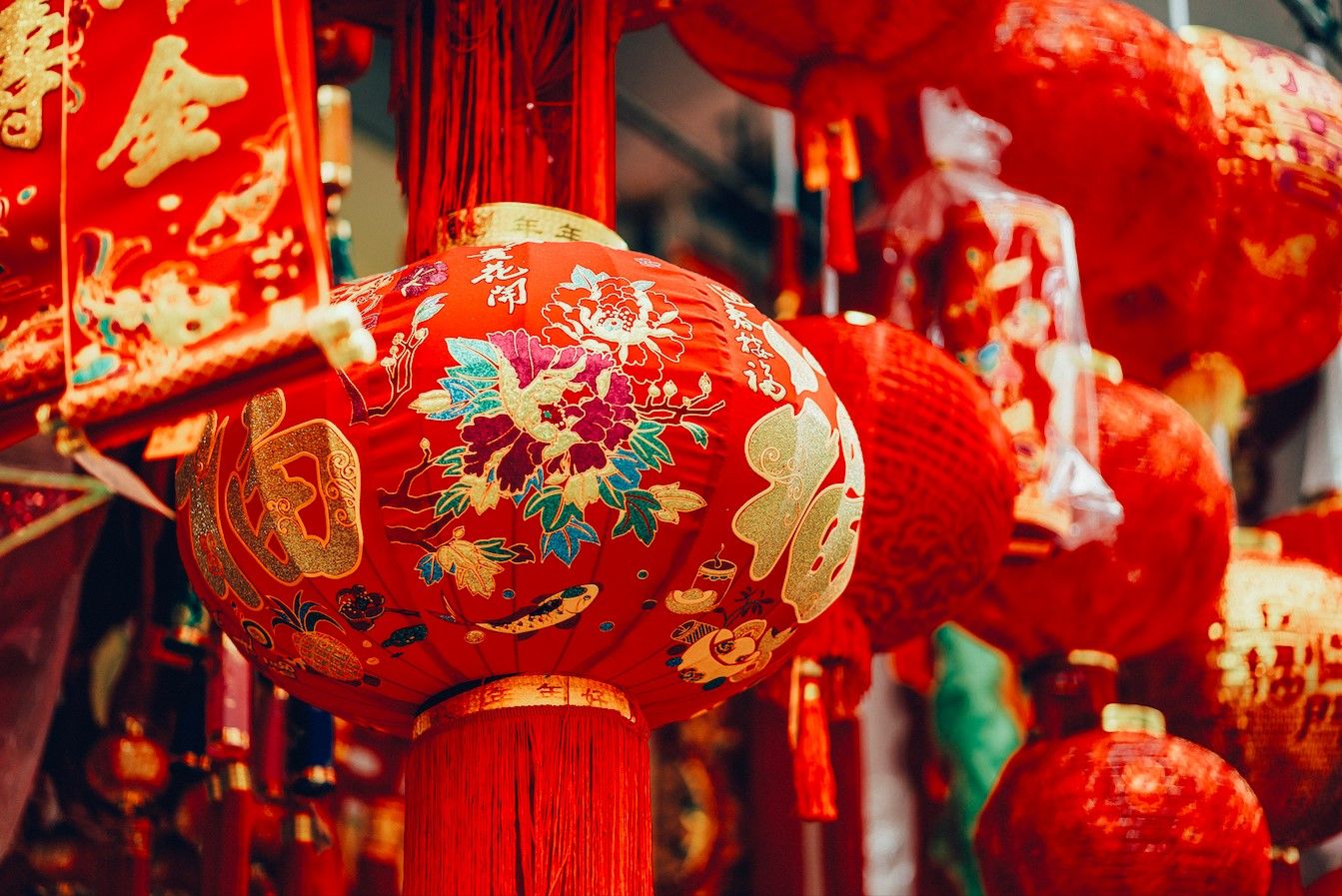Chinese New Year (CNY), also known as Lunar New Year, is celebrated in various East-Asian countries as follows.
Brunei / China / Hong Kong / Indonesia / Macau / Malaysia / Philippines / Singapore / South Korea / Suriname / Taiwan / Thailand / Vietnam
The exact dates for this holiday change each year, depending on the lunar calendar.
CNY celebrations last a total of 15 days. However, preparations begin up to three weeks in advance, as factory workers travel to their hometowns, manufacturing plants close down, and production starts to taper off. After the holiday, staff slowly head back to work, factories reopen, and operations gradually return to normal. CNY shipping can pose a real challenge if you don’t plan ahead.
As China is such an important player in the logistics industry, the period around CNY has a major impact on the supply chain and shipping sector as a whole. Here are some of the main challenges faced by the industry before, during and after this annual holiday:
- Increased demand for containers before holiday week: As everyone scrambles to get out their last orders before factories shut down, the demand for containers shoots up. This leads to drastically inflated container prices, as well as container shortages.
- High port congestion: Along with an increase in demand for containers and a flurry to get shipments out in time, comes port congestion and bottlenecks at major ports. With this, you can expect major delays in the movement of cargo between factories, ports and distribution centers.
- Factory closures lead to supply disruptions: With factory closures in China and other East-Asian countries, we see a decrease in the supply of a wide variety of products, including shipping containers around this time. So if you need containers or other products, we suggest ordering them well in advance of CNY.
- Decreased workforce: Between mid-Jan and the end of February, a large portion of the Chinese and East-Asian workforce heads home to spend time with family. This leads to a shortage of staff in factories and ports, meaning limited capacity. With a much smaller workforce, you can expect slower movement of goods through ports and terminals in this part of the world.
- Customs delays: Due to the limited workforce, customs procedures may be delayed. Some customs offices may even close completely over this period. Keep this in mind and plan ahead to account for slower customs clearance processes.
- Increased freight rates and peak season surcharges: Rising demand, but a decrease in supply results in increased freight rates. There are likely to be additional peak season surcharges applied too.
CNY will take place between February 10th to 17th. Here are typical market general flow and events for before and after CNY.
Early to Mid January
Factories begin to slow production
18 to 25 January
Manufacturing and operations are halted. Major ports experience a rush to ship goods
26 January to 9 February
Workers begin leaving for the holidays. Ports have limited operational capacity
10 to 17 February
Chinese New Year holiday
27 February onwards
Workers return to factories, operations gradually return to normal
Chinese New Year 2024: Prepare and plan to avoid shipping delays
Now that you know how CNY affects the supply chain. It’s extremely important to plan well in advance. Doing this will greatly reduce the risk of running into increased costs and shipment delays. Here are the 7 most useful tips to ensure that you are well prepared for the CNY period and that will help you plan your shipments accordingly.
- Understand Your Supply Chain
- Plan Your Shipments Well in Advance
- Build Strong Partnerships with Your Service Providers
- Diversify Your Service Provider Network
- Diversify Your Supply Chain Locations
- Use Proper Supply Chain and Planning Tools
- Use a 3PL or 4PL Service
Need Help Getting Your logistics Before Lunar New Year?
We’d be happy to help you find the best options to get the logistics service digitally through HAKOVO’s extensive network in China you need to keep your supply chain running smoothly. Just reach out, and we’ll help you put together a plan that’s right for your business.



